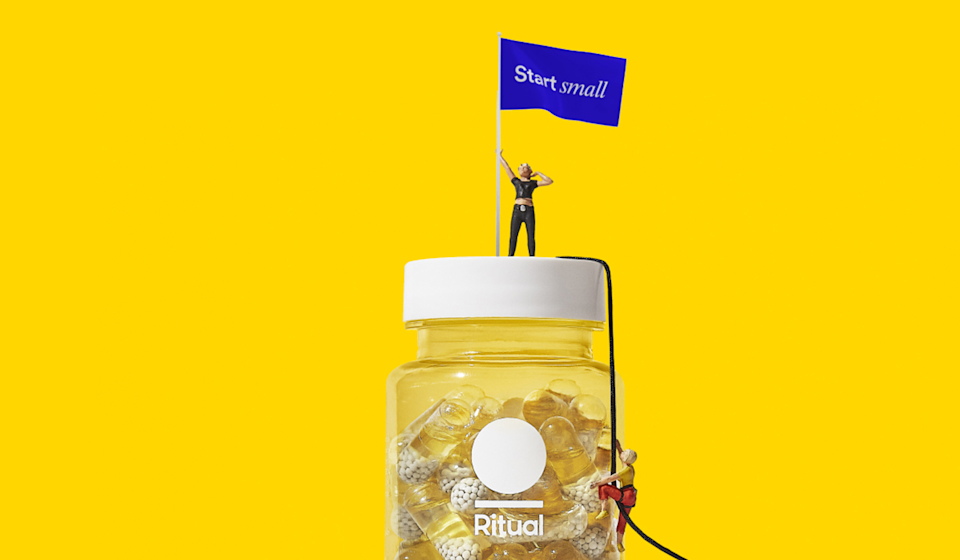Essential Takeaways
- Many of our healthy habits (invariably!) can take a hit over the holidays, which can leave us feeling more run-down than rejuvenated—especially when left unchecked. The good news? It doesn’t have to be this way.
- By making a few simple adjustments, you can set yourself up not just to survive the holiday season, but thrive—whatever the celebration.
There’s no time like the holidays. The colder months seem to have a certain je ne sais quoi, no? Be it the twinkling lights, festive colors, or nostalgic tunes, there’s just something about them that evokes coziness and contentment. More than anything, it's a time to slow down and luxuriate in all things pleasurable: connecting with loved ones, making memories, and—you guessed it!—eating (and drinking) the best of what the season has to offer.
Invariably, many of our healthy eating habits can take a hit over this period, too, which may leave us feeling more run-down than rejuvenated—especially when left unchecked. But it doesn’t have to be this way. By incorporating a few simple hacks to support wellness (we're looking at you, digestion), you can set yourself up not just to survive the holiday season, but thrive—whatever the celebration.
If you’re a breakfast person, commit to a healthy one.
You’re probably familiar with the whole “breakfast is the most important meal of the day” adage, and there are indeed studies that show regular breakfast consumption has a positive impact for some people. That said, research studying breakfast consumption, calorie intake, and body weight is mixed—the majority of observational studies report that breakfast consumption is associated with a lower BMI, while some research has found that breakfast skippers actually have lower total energy intakes. (1, 2, 3)
Regardless, there’s a case to be made for how embracing the habit might support a more motivated mindset: Nourishing yourself in the morning can set the tone for the rest of the day, and by making healthy choices at the outset, you might just be more inclined to keep the momentum going. Plus, as dietitian and maternal nutrition expert Jessica Diamond, MPH, RDN, points out, “It’s the perfect opportunity to fill up on whole grains, fruits, and veggies.”
Essential reading → A Vegetarian B12 Breakfast You’ll Want to Make Again and Again













